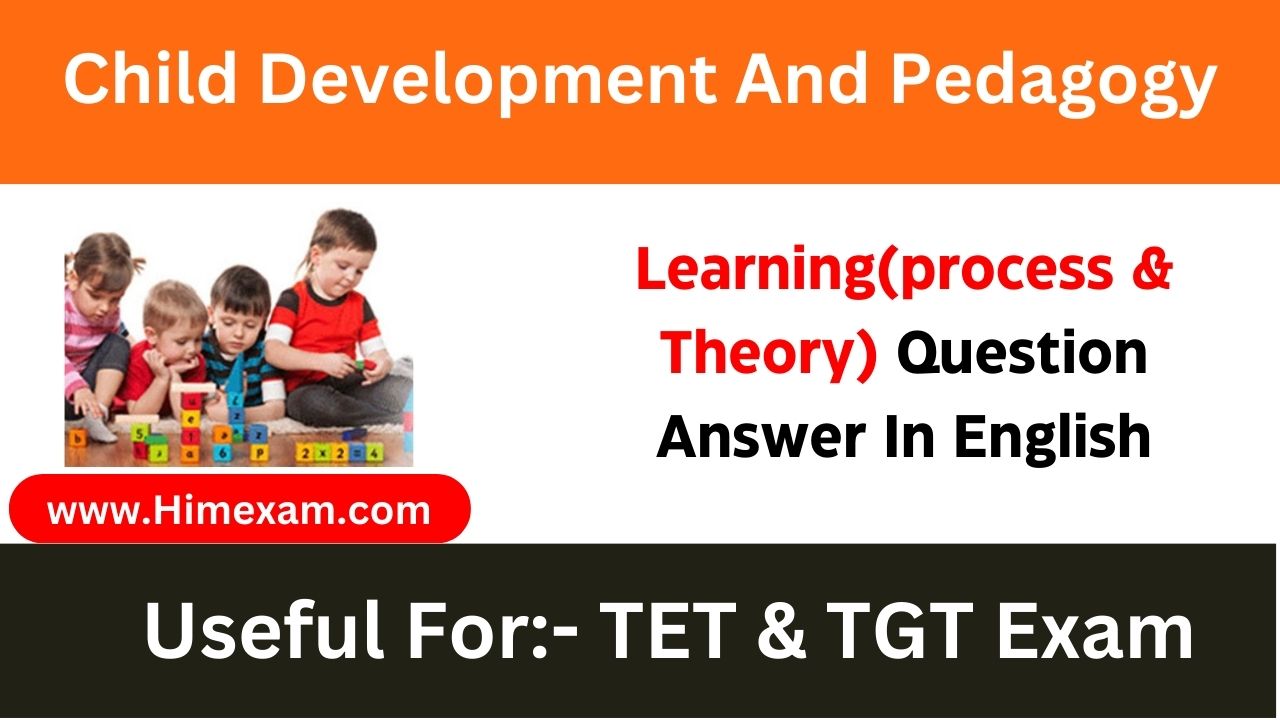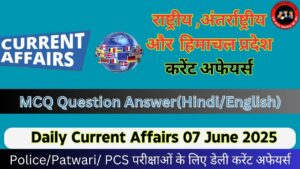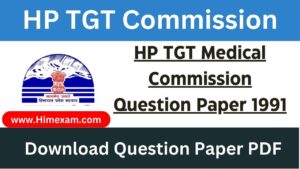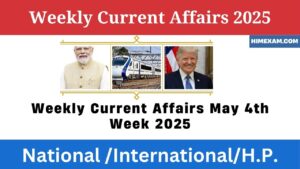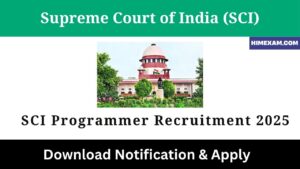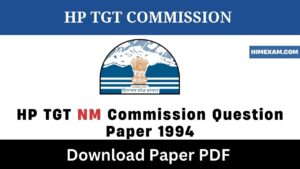Learning(process & Theory) Question Answer In English
Learning(process & Theory) Question Answer In English:-If you are preparing for any HPTET & HPTGT paper then this post is very important for you. This post contains Learning(process & Theory) Question Answer In English. Check our website daily to see other parts.
Learning(process & Theory) Question Answer In English For TET & TGT Exam:
1. Learning is wholly and only “dependent on observational behaviour” This principle is related to the theory of
(1) Cognitive
(2) Developmental
(3) Behavioural
(4) Formative
2. Which of the following pair is not correctly matched?
(1) Identical elemernt theory…. Thorndike
(2) Theory of Generalization …C.HJudd
(3) Theory of Formal Discipline…Kohler
(4) Theory of specific and general elements ….Spearman
3. When prior learning facilitates the process of learning in a new situation, it is called
(1) Positive transfer of learning
(2) Absolute transfer of learning
(3) Negative transfer of learning
(4) Zero transfer of learning
4. The type of reinforcement or reinforcement that produces a slow rate of extinction:
(1) Continuous Reinforcement
(2) Fixed Ratio Reinforcement
(3) Fixed interval Reinforcement
(4) Variable Ratio Reinforcement
5. Vygotsky emphasizes the important role of which of the following factors in the learning of children?
(1) Moral
(2) Physical
(3) Social
(4) Genetic
6. The centre of progressive education is
(1) Student
(2) Teacher
(3) Government
(4) Structure
7. Learning is … of Behaviour?
(1) Defence.
(2) Range
(3) Amendment
(4) Expansion
8. The term ‘curriculum in the field of education refers to
(1) Teaching method and content to be taught
(2) The entire program of the school, in which the students gain daily experience.
(3) Evaluation Process
(4) Text-Materials to be Used in the Classroom
9. Which of the following is a characteristic of progressive education?
(1) Flexibility in schedule and seating arrangement
(2) Paragraphs based only on the proposed text- books
(3) Emphasis on getting good marks in examinations
(4) Frequent examinations
10. The aim of education should be
(1) To develop vocational skills in the students
(2) Developing social awareness among students
(3) Preparing the students for the examination
(4) Preparing students for practical life
11. Development of character takes place by.
(1) by will
(2) by response and behaviour
(3) by morality
(4) by all of these
12. The most important characteristic of a student in childhood is:
(1) a sense of responsibility
(2) honesty
(3) Participation
(4) obedience
13. Which of the following is not a quality of good mental health?
(1) Regularity in living, emotional maturity
(2) Confidence, tolerance
(3) Very submissive, limited in self
(4) Acceptance of reality, ability to self-evaluate
14. ‘Insight theory of learning’ was propounded by…
(1) ‘Gestalt’ theorists
(2) Pavlov
(3) Jean Piaget
(4) Vygotsky
15. According to Piaget’s cognitive theory of learning, the process by which the cognitive structure is modified is called
(1) Adjustment
(2) Inclusion
(3) Schema
(4) Perception
16. The correct sequence of Bandura’s stages of social learning is
(1) Observational, Attentive, Precetiveness and motivational
(2) Observational, Attentive, Motivational and Precetiveness
(3) Observational, Precetiveness, Attentive and Motivational
(4) Observational, Attentive, Motivational and Precetiveness
17. “Learning is the change in behaviour through experience and training.” This definition
learning has been given by:
(1) Skinner
(2) Hilgard
(3) Gates and others
(4) J.P. Guilford
18. .. is a strong supporter of religious education.
(1) Behaviourist
(2) Idealist
(3) Realist
(4) Existentialist
19. Which of the following education system supports scientific progress?
(1) Realistic Education
(2) Idealistic Education
(3) Natural Education
(4) None of these
20. Who was the originator of the theory of “trial and error”?
(1) Hegarty
(2) Thorndike
(3) Gestalt
(4) None of these
21. Which theory did Kohler develop?
(1) Theory of Trial and Error
(2) Theory of Imitation
(3) Theory of Insight
(4) Theory of Relational Regression
22. What is the theory of the Russian psychologist Pavlov?
(1) Observation and reasoning theory
(2) Theory of the classical conditioning
(3) Problem solving
(4) none of these
23. Which academician has presented the “law of readiness, law of practice and law of effect”?
(1) Hilgard
(2) Thorndike
(3) Spencer
(4) Rousseau
24. The teaching-related theory of Nedflander is
(1) Interaction Analysis
(2) Resource analysis
(3) Institutional Analysis
(4) none of these
25. The exponent of the theory of learning about operant conditioning is..
(1) Pavlov
(2) Skinner
(4) Thorndike
(3) Kohler
More Pages:-
हेलो दोस्तों ,आपका हमारी वेबसाइट Himexam.com पर स्वागत है। जैसा की आपको पता है हमारी वेबसाइट Himexam.com आपको समय-समय पर सभी HP Govt Jobs & All India Govt Jobs की Notifications प्रदान करवाती है। साथ ही साथ Himachal Pradesh Exam Previous Paper और Himachal Pradesh GK ,Himachal Pradesh & National +International Current Affairs के सभी नोट्स मुफ्त उपलब्ध करवाते है। हमारी वेबसाइट के अलग अलग प्लेटफार्म पर pages & Group बने है जैसे की facebook ,Telegram और Instagram .. अगर आप हिमाचल के किसी भी पेपर की तैयारी कर रहे हो तो जल्दी से इन groups के साथ जुड़ जाएं इनके लिंक नीचे table में दिए गए है।
Join Us:-

